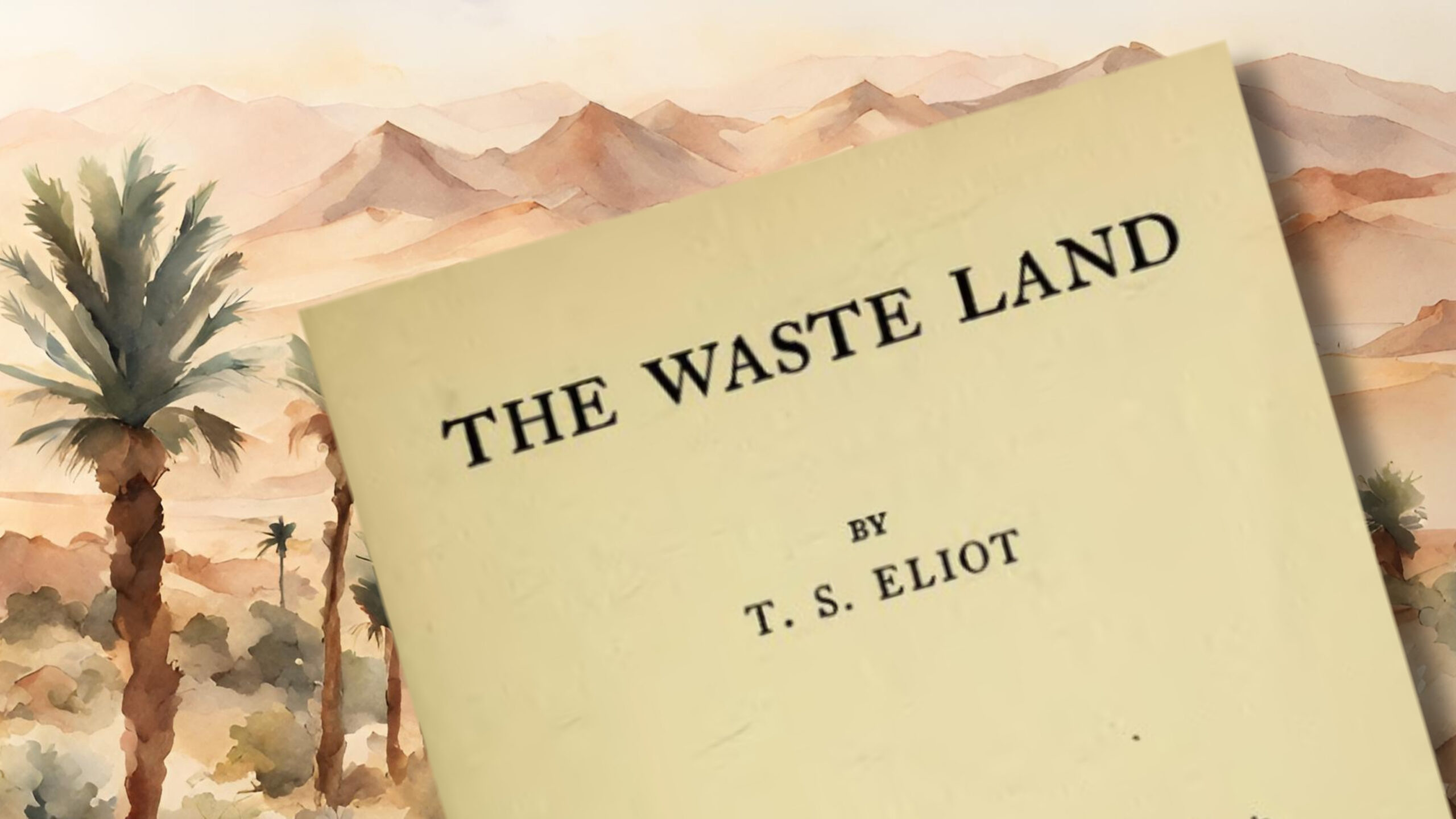
Teach Your Children Well
It’s National Teacher Appreciation Week, so we’re doing exactly that—showing love and respect to the people who led us from confusion to inspiration.
This week marks our return to prose (mostly) after a month of celebrating the poets of the South.
North Carolina writer Russell Worth Parker, who penned Salvation South’s inaugural essay, “But I Have Hope,” is back with us. You must read his wonderful profile of Allan Roberts, a Florida cattle farmer holding out against the real-estate developers who want to turn his ranch into yet another cookie-cutter assemblage of houses and strip malls filled with “shoppes.”
But we also wish to point out that this is National Teacher Appreciation Week in America. Of course, every week in America is a “Week” designated for the appreciation of certain groups, and we do not—could not—celebrate them all.
So why Teacher Appreciation Week? Because we love teachers. They are some of the toughest people we know.
In nearly every Southern community are overworked and underpaid, but they still work hard to bring light to the lives of students.
Parents and politicos try every day to bar them from teaching certain books or subjects. So we applaud their fortitude as they bear up under attacks on speech and freedom.
Teachers also operate every day in an environment of fear. According to the K-12 Violence Project, as of April 27, there had been 111 school shootings in America so far this year. The K-12VP defines a school shooting as any incident in which “a gun is brandished, is fired, or a bullet hits school property for any reason, regardless of the number of victims, time, or day of the week.” CNN, using far narrower criteria, reported that there had been eighteen school shootings as of April 18—four on college campuses and fourteen in K-12 schools—that left nine people dead and twenty-three injured.
Teachers save the lives of our children, figuratively through how they inspire young minds, and, sadly, sometimes literally. We think it highly appropriate for Salvation South to say this week:
Teachers, we love you.
To show our love, we are bringing you two poems written by teachers—one celebrating the memory of a departed science teacher, and the other showing a teacher’s determination to find light in the classroom after yet another school shooting.
And I have my own memory of one teacher who helped me open my eyes. You can read it just below.

My Guide Through “The Waste Land”
Every April, these lines come into my head:
April is the cruellest month, breeding
Lilacs out of the dead land, mixing
Memory and desire, stirring
Dull roots with spring rain.
Those are the first lines of T.S. Eliot’s epic 1922 poem, “The Waste Land.” I first learned them over forty years ago. I was in high school.
The lines have nothing at all to do with the American South, the normal territory of my writing and editing. Thomas Stearns Eliot never had one thing to do with the South. He was born in Missouri, moved to England at age twenty-five and stayed there. I share them with you because of why I learned them, how long they stayed with me, and the person who put them there.
That person’s name is Linda Whitaker Wright, and she was my English teacher during my senior year of high school. This is National Teacher Appreciation Week. I appreciate Ms. Wright.
She was teaching us poetry that year. I remember an assignment to stand before the class and analyze a short poem. Many of my classmates were lazy and brought in the lyrics of a favorite song. I was lazy, too. “Eleanor Rigby” by the Beatles was my choice, and I explained to the class why poor Eleanor was the very epitome of loneliness.
But when it came time for the final assignment of the class, Ms. Wright told us to write a paper about a long poem. So I picked Eliot’s most famous epic. All 490 lines of it. All 3,016 words.
I think Ms. Wright gave me an A on the paper. But what she really gave me was encouragement. She knew, I think, that inside those thousands of words were hundreds of chances to learn things that were absolutely new to me.
I remember a couple of weeks of long hours in the library, poring over those lines, searching through books that might help me decipher Eliot’s references to Greek mythology and German poetry and writers of whom, back then, I knew nothing. A character pulled from Aldous Huxley’s first novel, years before he wrote Brave New World. A mystical image swiped from a 19th century poem by Charles Baudelaire. Often, I would visit Ms. Wright between classes, checking in to see if my budding understanding was on target. I even learned one word of Sanskrit. The poem’s last line is a chant—a prayer, really—of the Sanskrit word “shantih.”
Shantih shantih shantih. It means peace. Deep, true peace.
I think Ms. Wright gave me an A on the paper. But what she really gave me was encouragement. She never told me I’d bitten off more than I could chew. She knew, I think, that inside those thousands of words were hundreds of chances to learn things that were absolutely new to me.
That’s what the best teachers do. Linda Wright taught me I could find magic in words. And ever since, chasing that magic has put food on my table, clothes on my back, and a roof over my head.
In the last section of “The Waste Land,” there is a question:
Who is the third who walks always beside you?
Today, I know this is an oblique reference to the Book of Luke, where Jesus, freshly resurrected, appears to two of his disciples as they walk the road to Emmaus. But the third who walks beside you might also be a teacher, because the ones who let you chase your own magic, they stay with you.
If you have a teacher like Ms. Wright, we encourage you to share your story with Salvation South’s readers. Hit the button below to write yours. We’ve even offered you ten prompts to get you started. Next week, we’ll choose a few of your responses to publish.
Chuck Reece is the co-founder and editor-in-chief of Salvation South, the weekly web magazine you're reading right now. He was the founding editor of The Bitter Southerner. He grew up in the north Georgia mountains in a little town called Ellijay.

